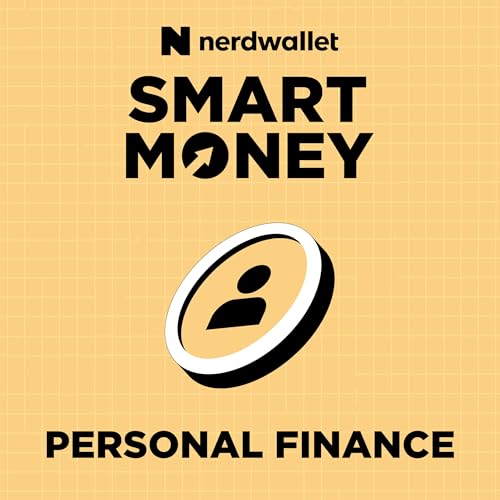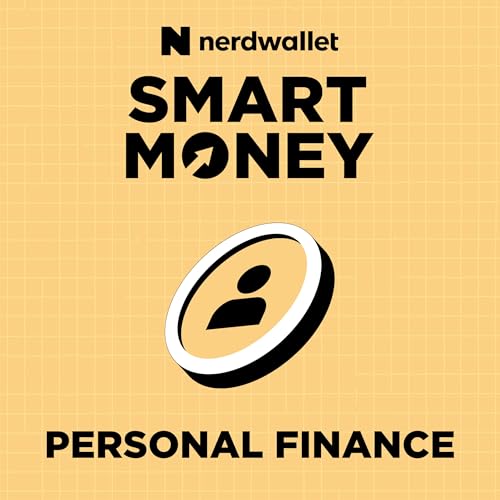Protect your identity from tax-season scams and learn when 401(k) and IRA rollovers make sense. How do you roll over old 401(k)s and IRAs? And is a mega backdoor Roth worth the hassle? Hosts Sean Pyles and Elizabeth Ayoola answer listener questions about retirement account rollovers, including when consolidation can help and how to avoid common missteps. But first, they kick off Identity Theft Awareness Week (and tax season) with a refresher on how you can protect your data, including pausing before you click or pay, updating passwords and tightening account security, and recognizing common scam tactics like fake websites, IRS impostors, smishing, and AI-powered impersonation. Then, investing Nerd Sam Taube joins Sean and Elizabeth for a lightning round all about retirement account rollovers. They answer listener questions about whether to roll over and consolidate multiple old 401(k) accounts, whether a mega backdoor Roth is worth the hassle and potential tax complexity, whether consolidating multiple IRAs is likely to boost returns or mainly simplify finances, and whether rollover IRAs have the same bankruptcy and creditor protections as 401(k)s. Links discussed in this episode: Report fraud through the FTC: https://reportfraud.ftc.gov/ 5 Low-Cost Target-Date Funds for 2026 https://www.nerdwallet.com/investing/learn/what-is-a-target-date-fund-and-when-should-you-invest-in-one Mutual Fund Calculator: Growth and Fees https://www.nerdwallet.com/investing/calculators/mutual-fund-calculator Best IRA Accounts for 2026 https://www.nerdwallet.com/retirement/best/ira-accounts Want us to review your budget? Fill out this form — completely anonymously if you want — and we might feature your budget in a future segment! https://docs.google.com/forms/d/e/1FAIpQLScK53yAufsc4v5UpghhVfxtk2MoyooHzlSIRBnRxUPl3hKBig/viewform?usp=header In their conversation, the Nerds discuss: tax season scams, identity theft, phishing scams, smishing, gift card draining, fake websites, IRS impostor scam, government impostor scam, emergency scam, bogus debt scam, employment scams, AI scams, voice cloning, deepfake scams, data breaches, mail theft, public Wi-Fi risks, password updates, credit report monitoring, billing statement review, Federal Trade Commission, reporting fraud, 401(k) rollover, IRA rollover, consolidating retirement accounts, legacy 401(k)s, target-date funds, expense ratios, mutual fund screener, after-tax 401(k) contributions, employer match, mega backdoor Roth, Roth conversion, pro-rata rule, taxes on investment gains, conversion limits, managed accounts vs self-directed investing, robo-advisor investing, beneficiary organization, bankruptcy protection, creditor protection, and rollover IRA protections. To send the Nerds your money questions, call or text the Nerd hotline at 901-730-6373 or email podcast@nerdwallet.com. Like what you hear? Please leave us a review and tell a friend. Learn more about your ad choices. Visit megaphone.fm/adchoices
Más
Menos
 45 m
45 m 33 m
33 m 49 m
49 m 43 m
43 m Jan 26 202642 m
Jan 26 202642 m Jan 22 202639 m
Jan 22 202639 m 34 m
34 m Jan 15 202634 m
Jan 15 202634 m
